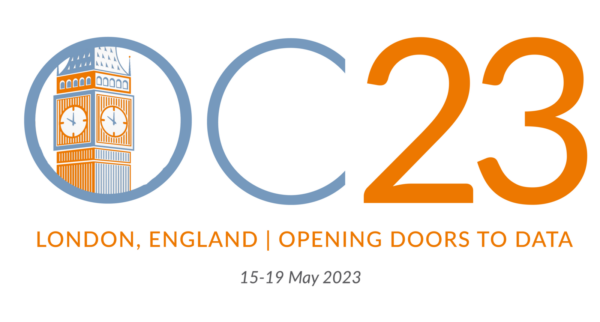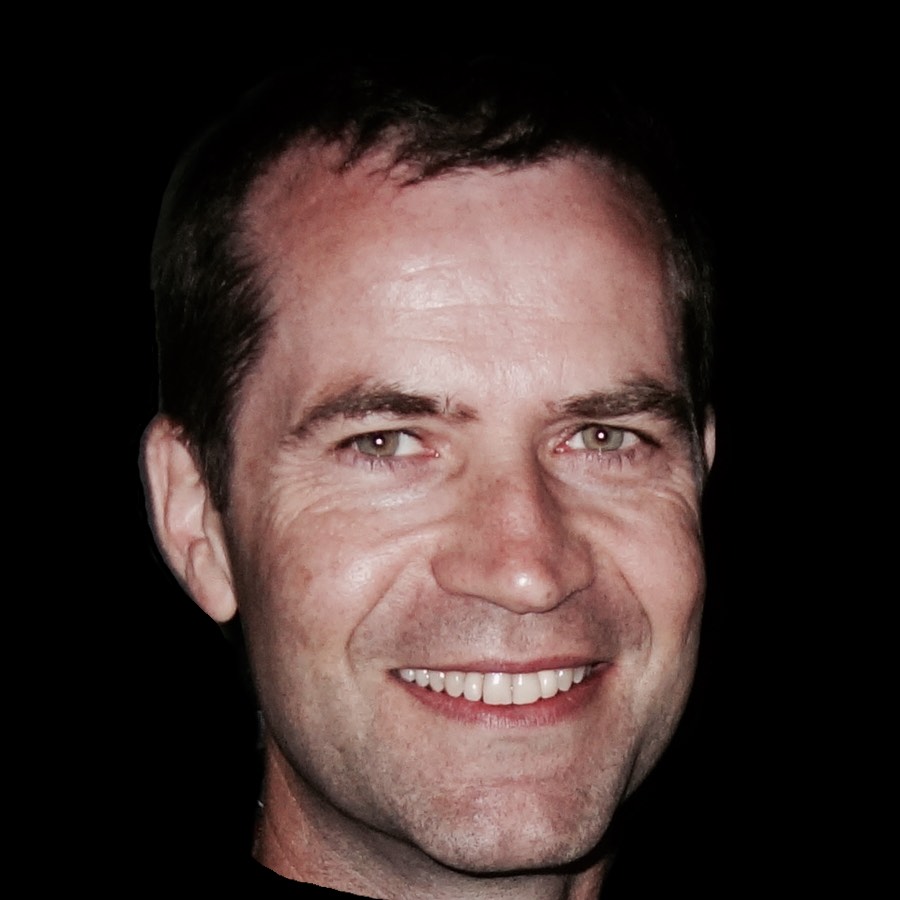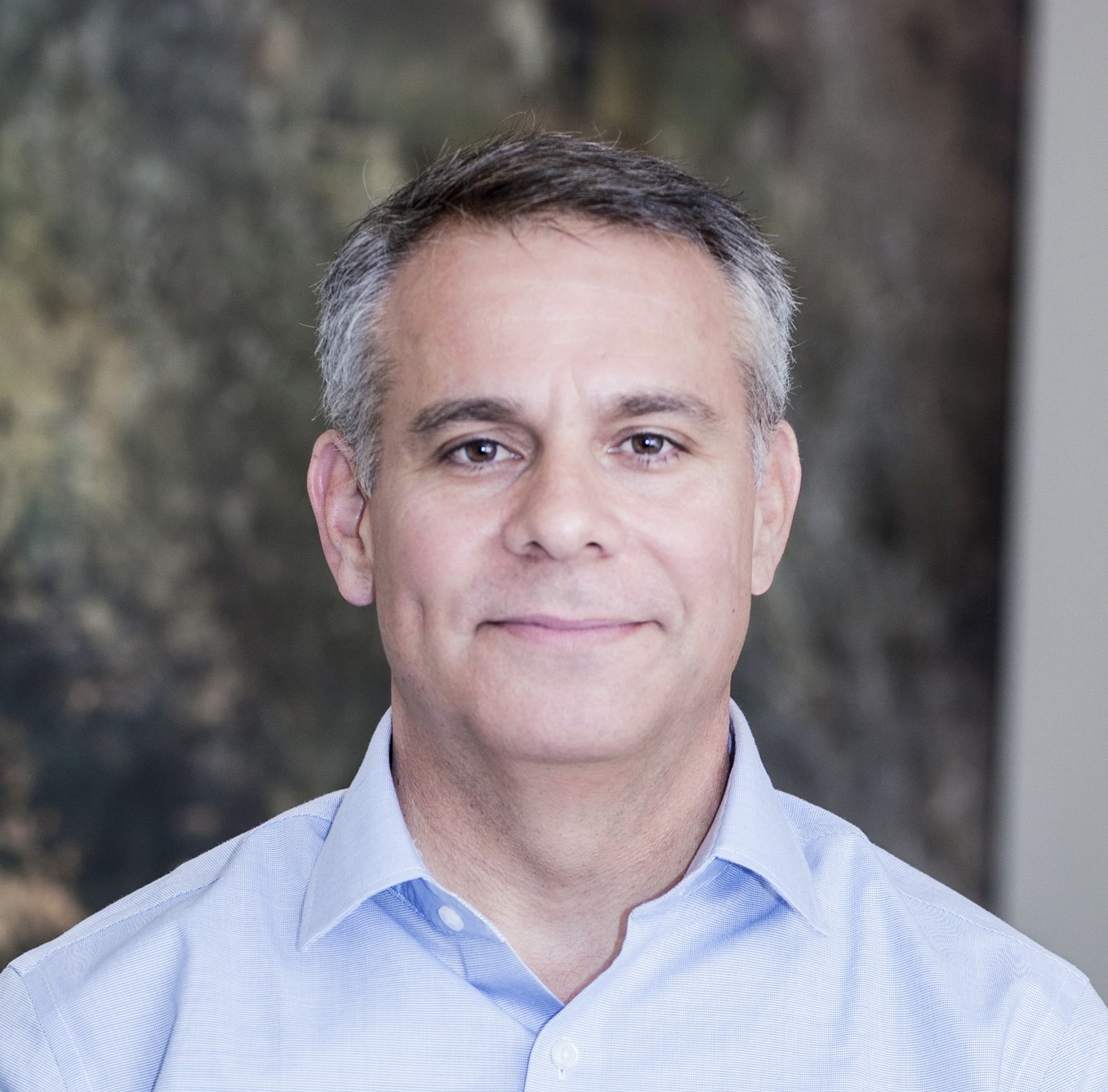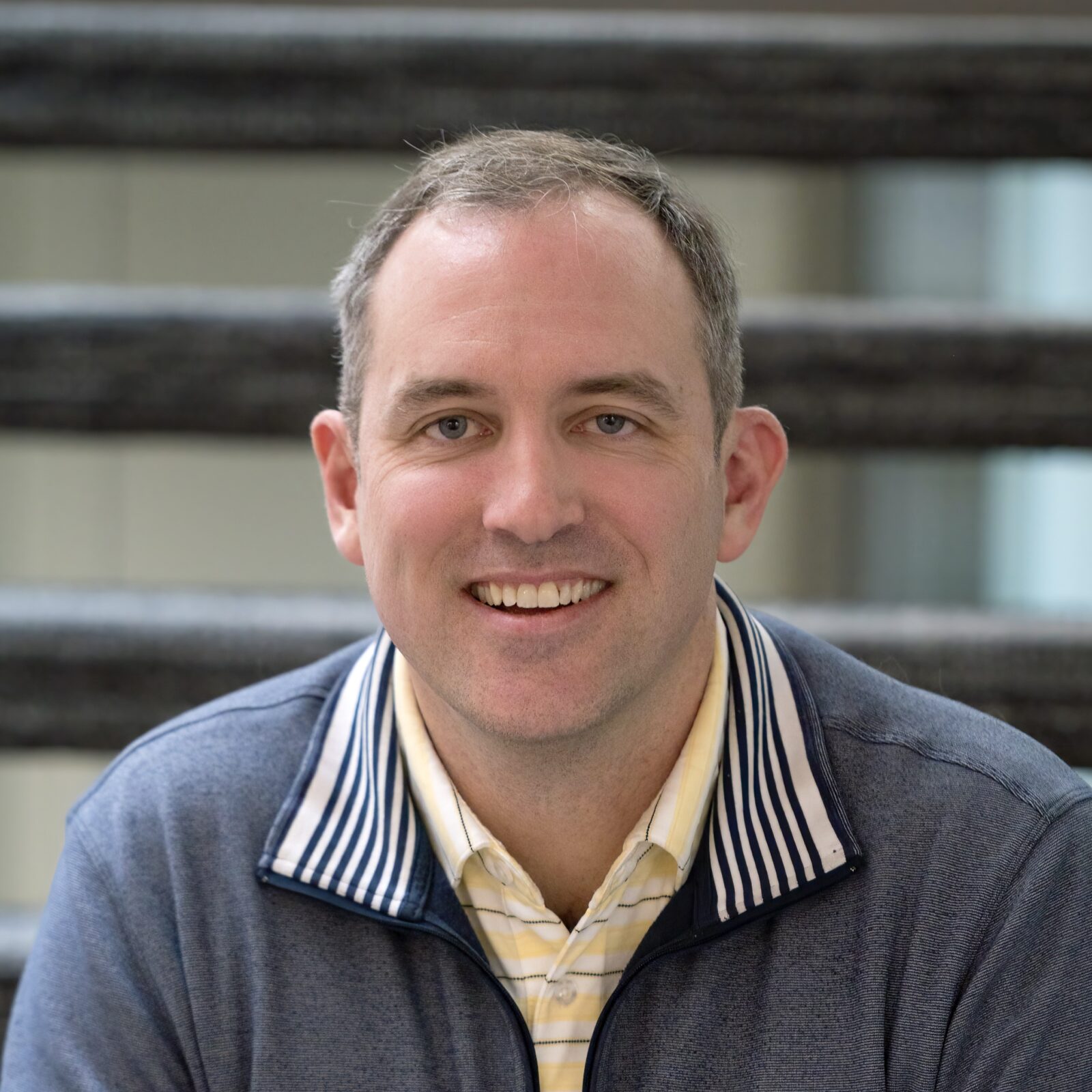- Solutions
- All Solutions
- Consent
- Electronic Data Capture (EDC)
- EHR-to-EDC Integration | eSource
- Electronic Patient Reported Outcomes
- Randomization for Clinical Trials
- Recruit | Patient Recruitment Solution
- Reporting
- Share | Mobile Data Sharing for Research
- Services: Study Configuration | Migration | Integration | Training
- Oncology Clinical Trials
- Resources
- Blog
- Events
- About
- Contact
This year it’s all about opening doors to data so you can get your job done easier, faster and better than ever. We’ll spend our time together creating studies, building and optimizing forms, and getting comfortable with all the new features, enhancements and functionality you’ve come to expect from us.
In addition to our expert training professionals, we’re featuring special sessions created by customers. The main conference offers two programming tracks to expand your choices and best match educational experiences with your interests.
Join us for two, three or five days packed with hands-on learning.
Agenda & Featured Speakers
Main conference, workshops and training available separately or together.
Main Conference (15 - 16 May)Workshops (17 May)Super User Training (17 - 19 May)Featured Speakers (17 - 19 May)
Main User Group Conference
Monday, 15 May, 11:30 am – 4:30 pm
11:30 – 12:30: Welcome Lunch
12:30 – 1:30
Track A: New Feature Round Up! Features & functionality to make your job easier. Annotated eCRFs | Centralized, automated protocol calendar | Dynamic defaults
Track B: Automated Source Data Capture: So Long, SDV! How to reduce site burden, increase accuracy and make your clinicians happy.
1:30 – 2:30
Track A: Building Data Pipelines: Different Modes of Data Capture via OC.
Track B: Customer Case Study: Efficiency through Automation: Data Imports and Transformations.
2:30 – 3:30
Track A: Customer Presentation: Getting to SDTM: Designing for the end goal.
Track B: Customer Case Study: Migrating Data Mid-Study – Lessons learned from migrating 12 studies in 12 months.
3:30 – 4:30
Track A: Customer Presentation: Randomization and Supply Management.
Track B: Ditch the Spreadsheet: The power of Insight to ease your workflow.
5:00 – 8:00
Included in registration: Dinner & drinks at Coco Momo Kensington!
Tuesday, 16 May, 8:00 am – 4:00 pm
8:00 – 9:00
Breakfast
9:00 – 10:00
Keynote: Opening Doors to Data
10:00 – 11:00
Track A: New Product: eConsent: Create engaging digital experiences for remote or in-person participants.
Track B: Image Adjudication.
11:00 am – 12:00
Track A: Your Digital Front Door: How OC can help increase participant engagement and satisfaction.
Track B: Clinical Monitoring with OpenClinica.
12:00 – 1:00
Lunch
1:00 – 2:00
Track A: Sneak Peek: Releases & Roadmaps.
Track B: Using Calculations and Functions in Your OC Forms: The smart way to optimize study efficiency and data quality.
2:00 – 3:00
Track A: Customer Presentation: Alternative ways to use OC4: Safety Data Management Systems (SDMS).
Track B: Special Customer Presentation: TBD.
3:00 – 4:00
Farewell Tea: Ask Us (almost) Anything!
Note: Registration includes breakfast, lunch, tea and Monday’s dinner.
Workshops
Wednesday, 17 May, 8:00 am – 3:30 pm
Workshop One: The Art of the Possible: Insight Dashboards & Reporting
In this full-day workshop you will dive into the best-kept secrets of OpenClinica Insight. You’ll learn how to take full advantage of built-in reporting and dashboard creation to get your job done easier, faster and more accurately than ever before. It’s past time to ditch spreadsheet reporting and let purpose-built technology do the heavy lifting for you.
Suitable for: All skill levels
Learning objectives: You’ll walk away knowing:
-
- What data are in Insight and how they are organized
- Where to find key data reports across: clinical data, statuses, summary-level study information, SDV, Queries and audit logs
- How to build and use both basic and advanced visualizations using built-in tools
- How to build dashboards for yourself and external stakeholders
- What the basics of relational databases are and their value to Insight success
- How to combine data from different tables
- What SQL is, how to craft SQL queries, and which built-in tools help you work with SQL in Insight
We’ll also explore advanced Insight capabilities such as embedded reporting on PDP, Participate or third-party apps; segments and metrics; URL generation for linking to OC pages.
Workshop Two: Advanced Form Building & Logic Calculations
Are you ready to take your OpenClinica form-building skills to the next level? This full-day workshop will cover best practices for creating eCRFs and advanced XPath calculations to help you optimize your study efficiency and data quality. In a step-by-step process, you will add new techniques and skills across key form concepts. We’ll explore guiding principles of study design; design roles and responsibilities, how to create libraries, manage timelines, develop time-saving cross-form calculations, and how to test your study design process before implementation.
Suitable for: Users who have either attended super user training or have some form building experience.
Learning objective: You’ll walk away knowing:
-
- How to improve data quality with form design best practices and study build methodologies
- How to improve data reliability through cross form calculations and error checking methods
- How to use complex calculations to process, move, and reuse data for skip logic and edit checks
- When and how to use XPath expressions
- How to add filters to your expressions to target specific datasets based on user entered data
We’ll also focus on developing the problem-solving skills you need to walk through any form-building challenge.
Workshop schedule (both workshops):
8:00 – 9:00 – Breakfast
9:00 – 12:00 – Workshop, part one
12:00 – 1:00 – Lunch
1:00 – 3:30 – Workshop, part two
Note: Workshops held in parallel with each other and the first day of SUT. Additional fees apply for workshops and super user training, See registration page for details. Registration includes breakfast, lunch and tea.
Super User Training (SUT)
Wednesday – Friday, 17 – 19 May
Our most comprehensive course that prepares data managers and study designers to productively work with OpenClinica. This highly interactive, in-depth training is designed and taught by the same professionals who design, build and test the OpenClinica software.
Learning objective: Become a confident and effective study builder; enhance existing skill; optimize settings and workflows; learn often overlooked functionality; troubleshooting; tips and tricks.
Suitable for: All skill levels
Note: The first day of SUT is held in parallel with workshops. Check workshop tab for details.
Wednesday 17 May
8:00 – 9:00 – Breakfast
9:00 – 12:00 – System demo; introduction to workspaces; form building basics
12:00 – 1:00 – Lunch
1:00 – 3:30 – Publishing to test; testing form logic; review and revise; leveraging OC resources and support
Thursday 18 May
8:00 – 9:00 – Breakfast
9:00 – 12:00 – Publishing to production; sharing the study internally and externally
12:00 – 1:00 – Lunch
1:00 – 3:30 – Advanced form features (e.g. calculations, cross-form logic, external lists)
Friday 19 May
8:00 – 9:00 – Breakfast
9:00 – 12:00 – Data imports; data extracts; reporting, dashboards and data visualization
12:00 – 1:00 – Lunch
1:00 – 3:30 – Managing ePRO and randomization modules; notification actions; scheduling rules
Note: Additional fees apply for workshops and super user training. See registration page for details. Registration includes breakfast, lunch and tea.
Featured Speakers
Amanda Bravery, Head of ICT, Imperial Clinical Trials Unit, Imperial College
 Amanda is a highly skilled manager and leader with over 25 years industry experience from working in a large Contract Research Organisation, Pharmaceutical company, and the last 12 years in an academic Clinical Trials Unit.
Amanda is a highly skilled manager and leader with over 25 years industry experience from working in a large Contract Research Organisation, Pharmaceutical company, and the last 12 years in an academic Clinical Trials Unit.
Included in her successes, is the introduction of new systems into Imperial College for electronic Clinical Data Capture and undertaking systems migration working with stakeholders nationally and globally, with consideration for Business Continuity, Information governance, IT Security, Audit and Quality management. Amanda is Chair of the UKCRC Data and Information Systems Operational Group (DaISOG) and a member of the ACDM Data Management Expert Group.
Amanda and her team recently migrated more than 12 ongoing studies from a legacy system to OpenClinica. More impressively, they accomplished this feat in around 12 months without study interruption. Amanda will speak candidly about her and her team’s experience. It’s a session not to be missed.
Featured Speakers
-

Amanda Bravery
Head of ICT, at Imperial Clinical Trials Unit, Imperial College
Amanda is a highly skilled manager and leader with over 25 years industry experience from working in a large Contract Research Organisation, Pharmaceutical company, and the last 12 years in an academic Clinical Trials Unit.
Included in her successes, is the introduction of new systems into Imperial College for electronic Clinical Data Capture and undertaking systems migration working with stakeholders nationally and globally, with consideration for Business Continuity, Information governance, IT Security, Audit and Quality management. Amanda is Chair of the UKCRC Data and Information Systems Operational Group (DaISOG) and a member of the ACDM Data Management Expert Group.
Amanda and her team recently migrated more than 12 ongoing studies from a legacy system to OpenClinica. More impressively, they accomplished this feat in around 12 months without study interruption. Amanda will speak candidly about her and her team’s experience. It’s a session not to be missed.
-

Tony Brady
Founder, Sealed Envelope
Tony Brady is a qualified medical statistician who founded Sealed Envelope in 2001 to offer an online randomisation service for clinical trials. Previously Tony had worked at the MRC Clinical Trials Unit and Imperial College London UK as a research statistician, and provided independent statistical support to the data and safety monitoring committees for both industry and publicly funded clinical trials.
Tony is presenting a session on best practices around randomization and supply management.
-

-

-

Logistics
LocationLodgingDirections
Conference Location
58 Prince’s Gate, London SW7 1QQ
Owned and run by Imperial College London, 58 Prince’s Gate forms part of the Freake Estate, designed by Charles James Freake in the 19th century. Located in the heart of South Kensington, this impressive house boasts Edwardian features, original chandeliers and historic paintings. 58 Prince’s Gate is easily accessible by public transportation and close to downtown and major attractions.

Monday Evening Dinner & Drinks
Coco Momo Kensington
25 Gloucester Rd, South Kensington
Coco Momo Kensington is a bright and airy café, bar and British brasserie in one of London’s most sought after areas.
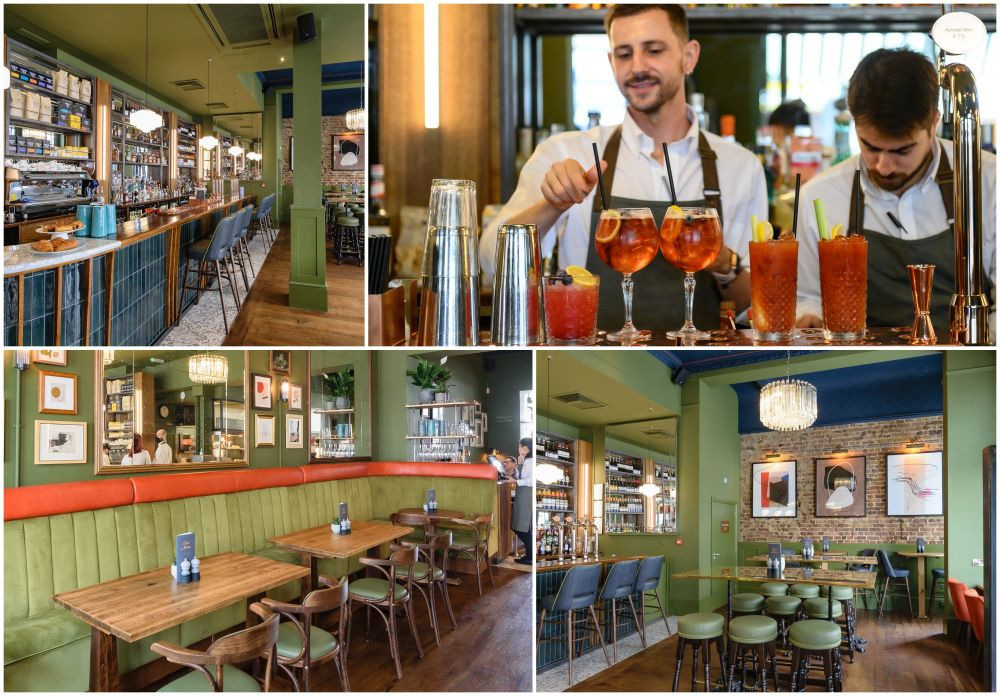
Lodging
Kensington offers several affordable and lovely accomodations within walking distance.
We have arranged a group rate at:
COMING SOON!
Instructions to book:
Note: Lodging and transportation are not included in registration.
Conference address: 58 Prince’s Gate, London SW7 1QQ
Monday’s dinner: Coco Momo, 25 Gloucester Rd, South Kensington, SW7 4PL


